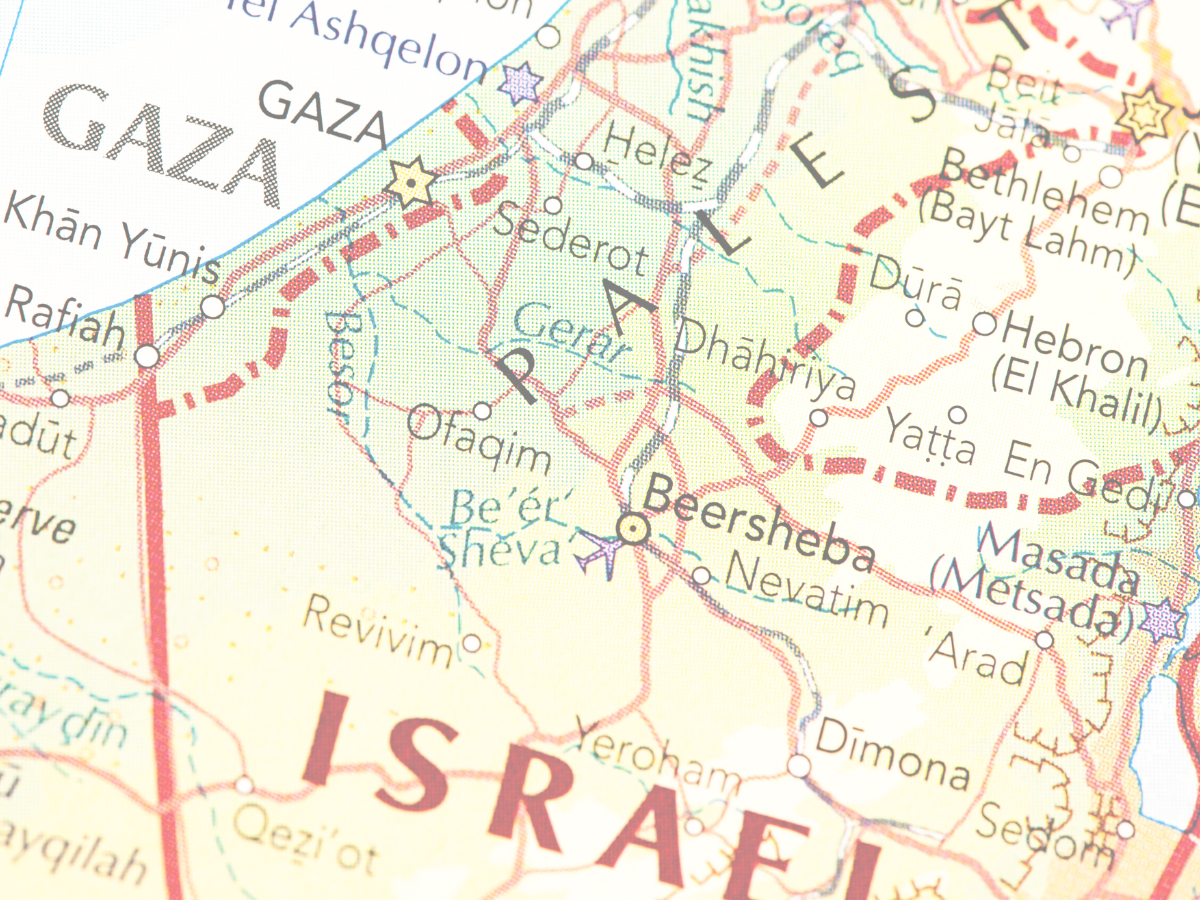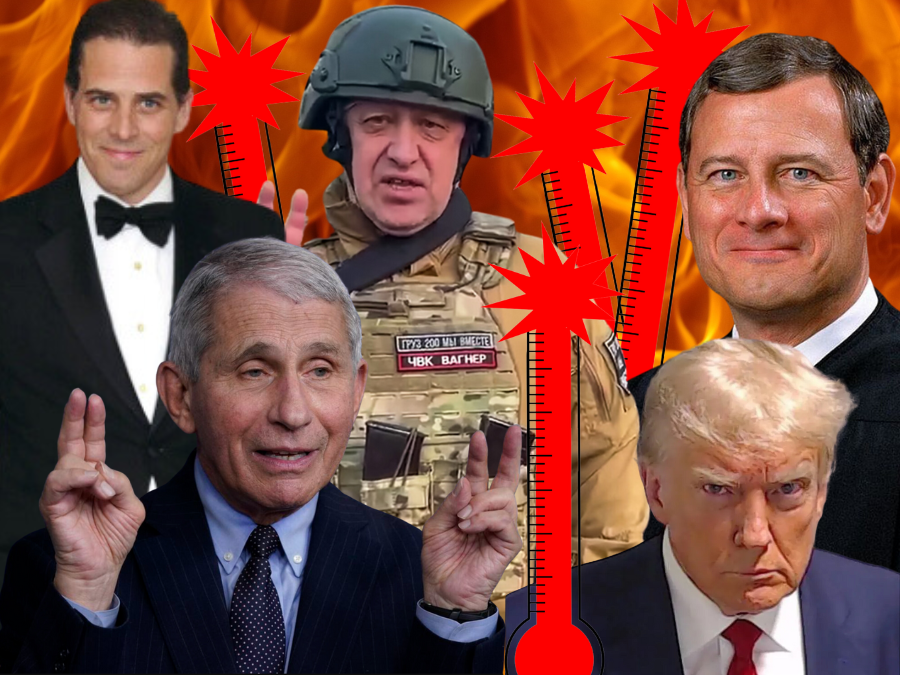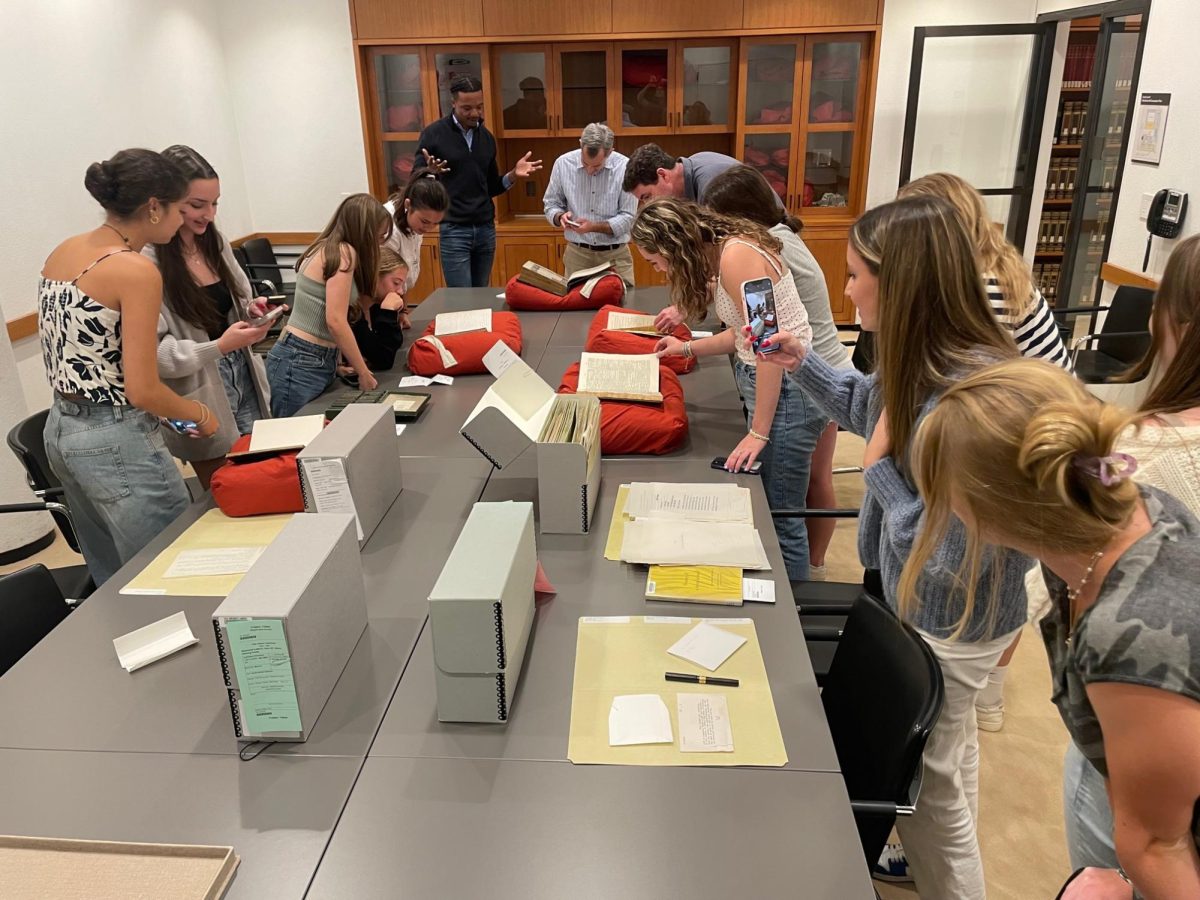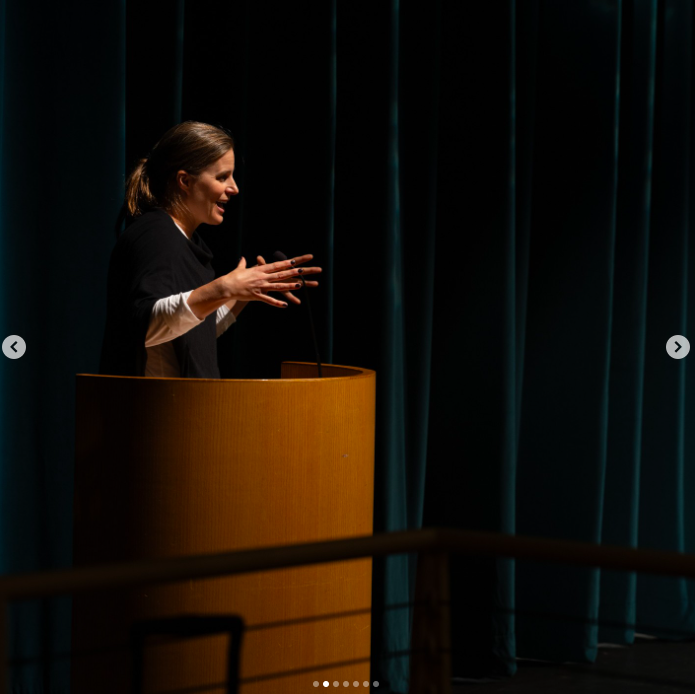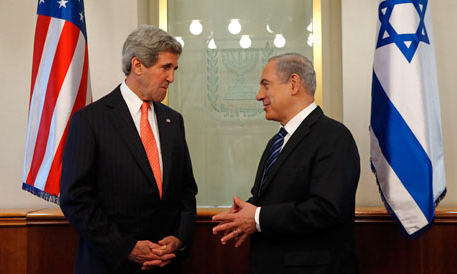
On March 31, peace talks between Israel and Palestine that began last August abruptly halted when Israel refused to release any additional Palestinian prisoners unless Palestine reassured the nation that the peace talks would continue. Talks ended the next day when Palestine filed for international recognition by the United Nations, hoping that if the UN recognized their statehood, other countries would do so as well.
Arab and Israeli relations have always been tense. Their fight over land that is historically and religiously significant to both parties began well before General Winston Churchill issued the British White Paper of June 1922.
This document stated that, “a Home [for the Jewish people] should be founded in Palestine.” Once the UN approved the partition of Palestine in 1947, the British relinquished control of the area in 1948. After winning the first Arab-Israeli war, Israel officially became an independent nation. Several subsequent wars have been fought, but none have brought an end to the animosity existing between the Israelis and the Palestinians. The closest the two nations have ever come to a peace settlement occurred when the Prime Minister of Israel, Yitzhak Rabin, and the chairman of the Palestinian Liberation Organization, Yasir Arafat, signed an agreement at the White House on September 12, 1993. According to The New York Times, this agreement would “usher in Palestinian self-rule in the Israeli-occupied Gaza Strip and the West Bank.”
Secretary of State John Kerry was the one who convinced Israeli Justice Minister Tzipip Livni and Palestinian Chief Negotiator Saeb Erekat to resume talks. These talks, held in Jerusalem with Secretary of State Kerry serving as the mediator, marked the first time in almost three years that the two nations had met. With Kerry’s guidance, an agreement was made that Israel would release 104 Palestinian prisoners if Palestinian leaders stopped seeking international recognition as a state.
After this initial success, talks continued until Israel decided that it would not release another group of prisoners. The nation took this action to make Palestine promise that it would not withdraw from peace negotiations once all 104 prisoners were released. The Israeli stipulation elicited an extremely negative Palestinian response, to which Erekat replied that there would be no more talking until the remaining prisoners were released.
With peace talks temporarily on hold, Kerry flew to Israel at the end of March to once again moderate discussions. To facilitate peace negotiations, Kerry decided to use the release of an Israeli spy, Jonathan Pollard, as an incentive. Mr. Pollard, who pretended to be a United States Navy worker in the 1980s, is currently serving a life sentence in the US. However, Kerry proposed his extradition in exchange for Israel’s release of the remaining prisoners. The proposal, which many thought would satisfy all participating parties, turned sour almost as soon as it was proposed.
On April 1, President Mahmoud Abbas signed a deal to proceed with Palestine’s quest for international statehood recognition. This measure effectively ended talks that the global community hoped could amount to a positive step towards peace in the area. Ever since World War Two, the United States has been trying to negotiate peace between the two sides, always with little to no avail.
The failure of these negotiations depleted Kerry’s hope of resolving the conflict during his term due to the obstinance on both sides. Now, the question has turned from when peace in the region will be achieved to whether or not it can be achieved at all.





